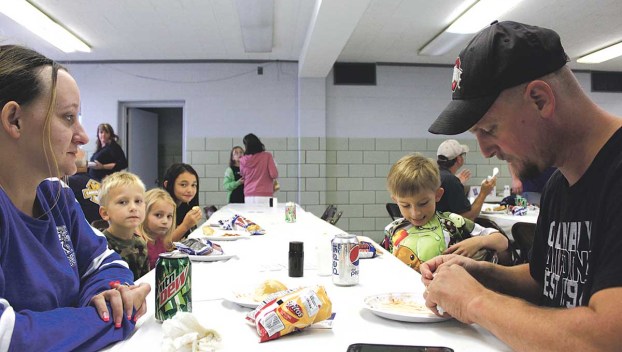
Cnhi Network
One year later, families of laid-off steel workers still struggling
ASHLAND, Ky. — A family of five sacrificed their dream home and now live in a camper, a frustrated ... Read more

ASHLAND, Ky. — A family of five sacrificed their dream home and now live in a camper, a frustrated ... Read more